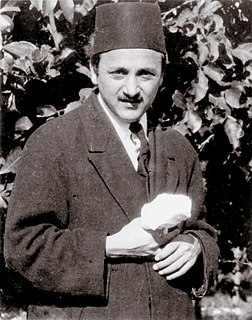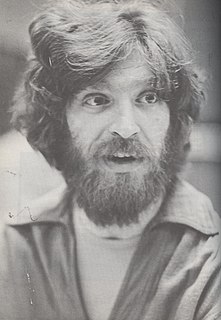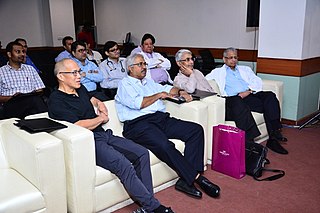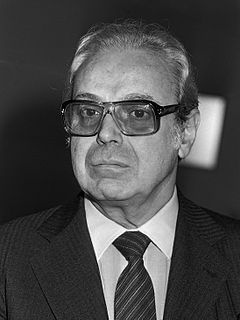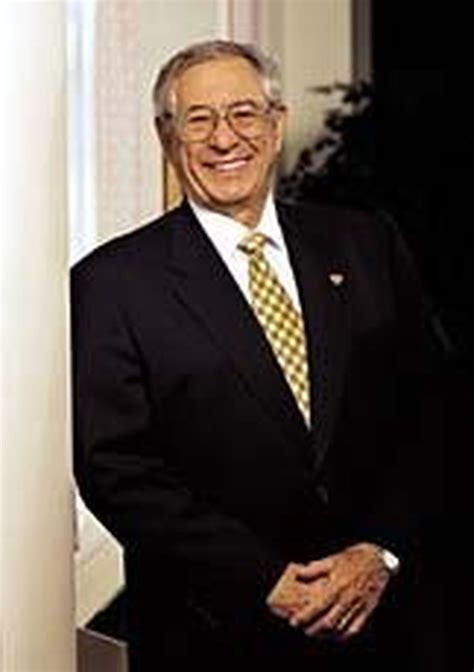A Quote by Shoghi Effendi
We must not only be patient with others, infinitely patient, but also with our own poor selves.
Related Quotes
Be patient with everyone, but above all with yourself. I mean do not be disheartened by your imperfections, but always rise up with fresh courage. How are we to be patient in dealing with our neighbour's faults if we are impatient in dealing with our own? He who is fretted by his own failings will not correct them. All profitable correction comes from a calm and peaceful mind.
